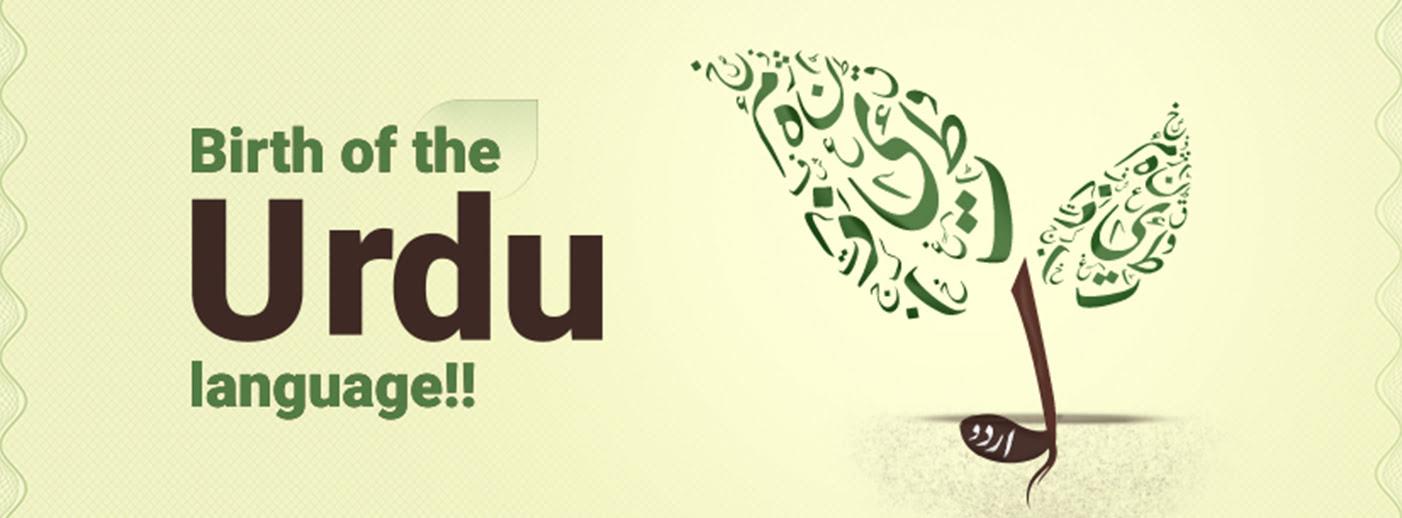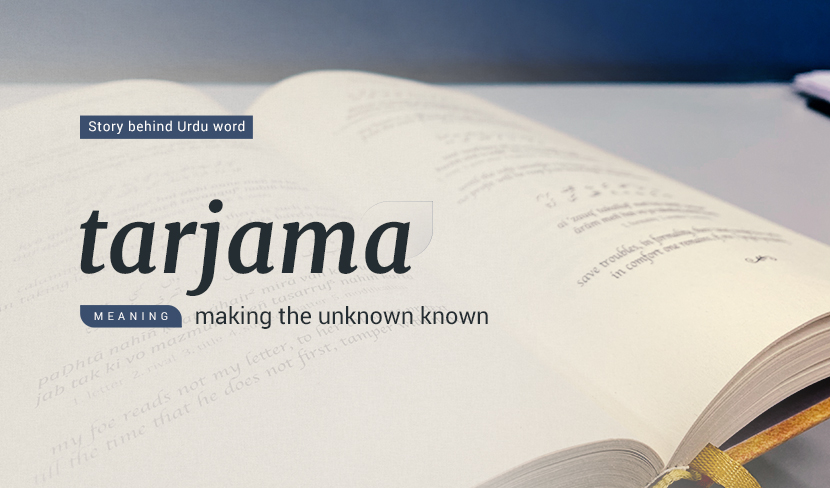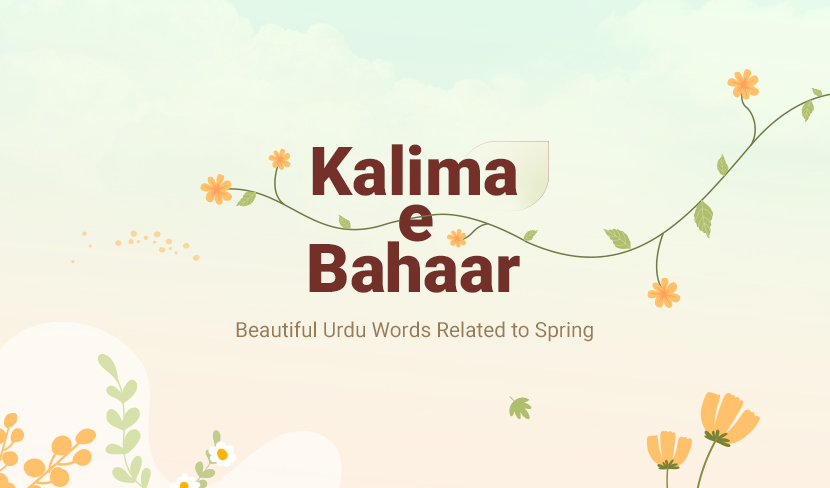अधिक खोजे गए शब्द
सहेजे गए शब्द
खिस्यानी बिल्ली खम्बा नोचे
जिसे क्रोध आ रहा हो वह अपनी खीझ या क्रोध दूसरों पर उतारता है, लाचारी में आदमी दूसरों पर क्रोध करता है, लज्जित व्यक्ति दूसरों पर अपनी लज्जा उतारता है, निर्बल की खीझ
कोशिश
कोई काम करने के लिए विशेष रूप से किया जानेवाला प्रयत्न, मेहनत, दौड़ धूप, प्रयत्न, प्रयास, चेष्टा, उद्योग, श्रम, उद्यम, उपाय, परिश्रम
आठ बार नौ त्योहार
सुख-सुविधा और आराम का शौक़ या लगन ऐसा बढ़ा हुआ है कि युग और समय उसको अल्प व्यय नहीं करने देता
चमनिस्तान
ऐसा बाग़ जहाँ फूल ही फूल हों, ऐसी जगह जहाँ दूर तक फूल ही फूल और हरा भरा नज़र आए, वाटिका, चमन, बाग़
दादरा
संगीत में एक प्रकार का चलता गाना (पक्के या शास्त्रीय गानों से भिन्न), एक प्रकार का गान, एक ताल
Birth of the Urdu language!!

zabaa.n jis ko har ik bole usii kaa naam hai urdu
zabaan-e-sher me.n fitrat kaa ik in.aam hai urdu
Urdu is a delight to the ears and so is its enriching history and culture. But ever wondered when did the Urdu language begin breathing? Pondering now? Let’s go back to history lane and gain some knowledge.
Urdu was born in the 12th century from the regional Apabhramsha of northwestern India. This newly-born speech was a breed of amalgamation of the Hindu and Muslim cultures (during the 12th to 16th centuries); a composite product of Ganga-Jamuni tehzeeb.
This newly born baby was then named Hindustani which opened its limbs and unrolled itself overall in the Indian subcontinent.
Amir KHosrow, a renowned poet of the 13th century, played a crucial role in its infancy. He experimented with the language by drafting songs, dohas and couplets.
Gingerly, Urdu saw the shining sun of youth and was callout by different names: Hindvi, Hindustani, Zaban-e-Hind, Hindi, Zaban-e-Delhi, Rekhta, Gujari, Dakkhani, Zaban-e-Urdu-e-Mualla, Zaban-e-Urdu, Urdu ‘the language of the camp’, Hindustani (in the late 17th century) and referred as Zaban-e-Urdu (in the early 18th century).
Albeit the word Urdu has Turkish origin, ‘ordu’ meaning ‘army’, the language carries no genes of Turkish. 75% of Urdu words have their etymological roots in Sanskrit and Prakrit and 25% to 30% of vocabulary comes from Persian and Arabic through Persian.
Urdu, with baby steps and loanwords, grew up in a full-fledged man, fitting into the language of masses which was commonly spoken and easily fathomable and did wonders in the poetry genre.
So now, not only Urdu words you are aware of its birth; a voyage from the patter of tiny feet to sure-footed.
Delete 44 saved words?
क्या आप वास्तव में इन प्रविष्टियों को हटा रहे हैं? इन्हें पुन: पूर्ववत् करना संभव नहीं होगा





